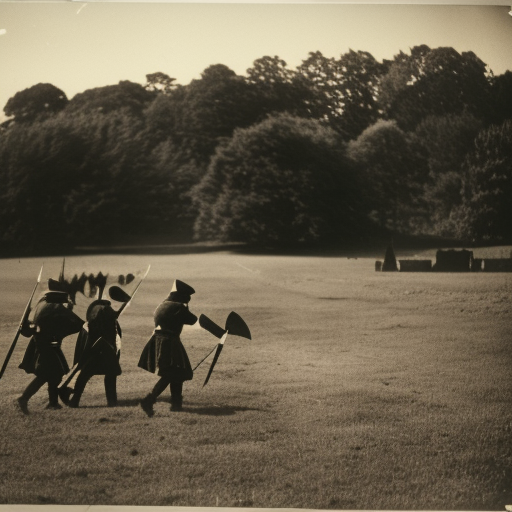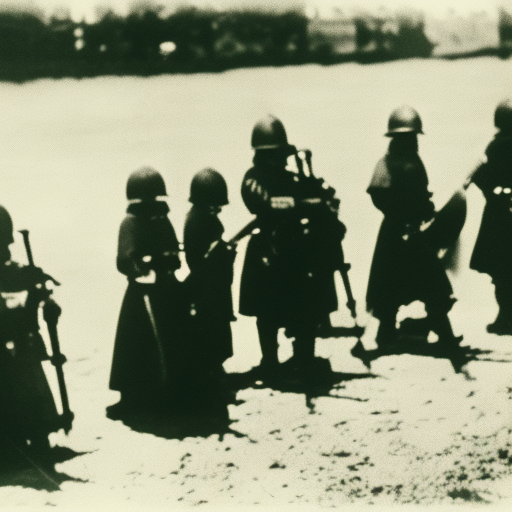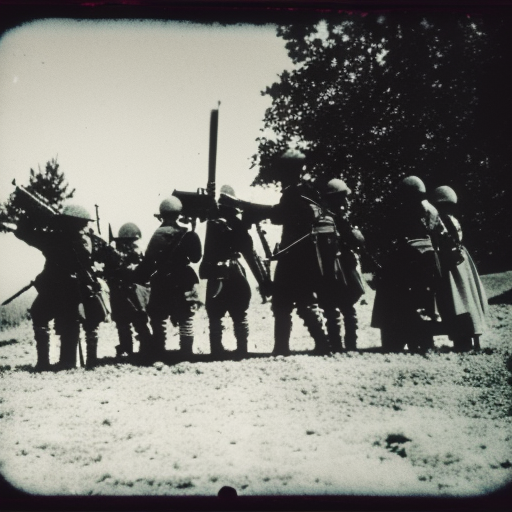The Norman Conquest of England in 1066 marked the beginning of Norman rule and significant changes in English society and culture.
The Angevin Empire Explained
The Angevin Empire was a medieval European realm established by the Plantagenet dynasty, encompassing England, Normandy, and parts of Ireland and Wales.
The Battle of Hastings (1066) Explained
The Battle of Hastings in 1066 was a decisive conflict that led to the Norman conquest of England, forever changing the course of English history.
The Crusades Explained
The Crusades were a series of religious wars fought between Christians and Muslims in the medieval period for control over the Holy Land.
The Magna Carta (1215) Explained
The Magna Carta (1215) was a historic document that established the principle of limited government and individual rights in England.
Second Hundred Years’ War Explained
The ‘Second Hundred Years’ War’ refers to the ongoing conflict between England and France from 1689 to 1815, characterized by intermittent periods of warfare and diplomatic tensions.
Battle of Ane Explained
The Battle of Ane was a significant conflict during the Dutch Revolt in which the Spanish forces defeated the Dutch rebels.
Stedinger Crusade Explained
The Stedinger Crusade was a medieval conflict in northern Germany between the Stedinger peasants and the Archbishop of Bremen.
German Peasants’ War Explained
The German Peasants’ War was a widespread uprising of peasants against their feudal lords in 16th century Germany.

















